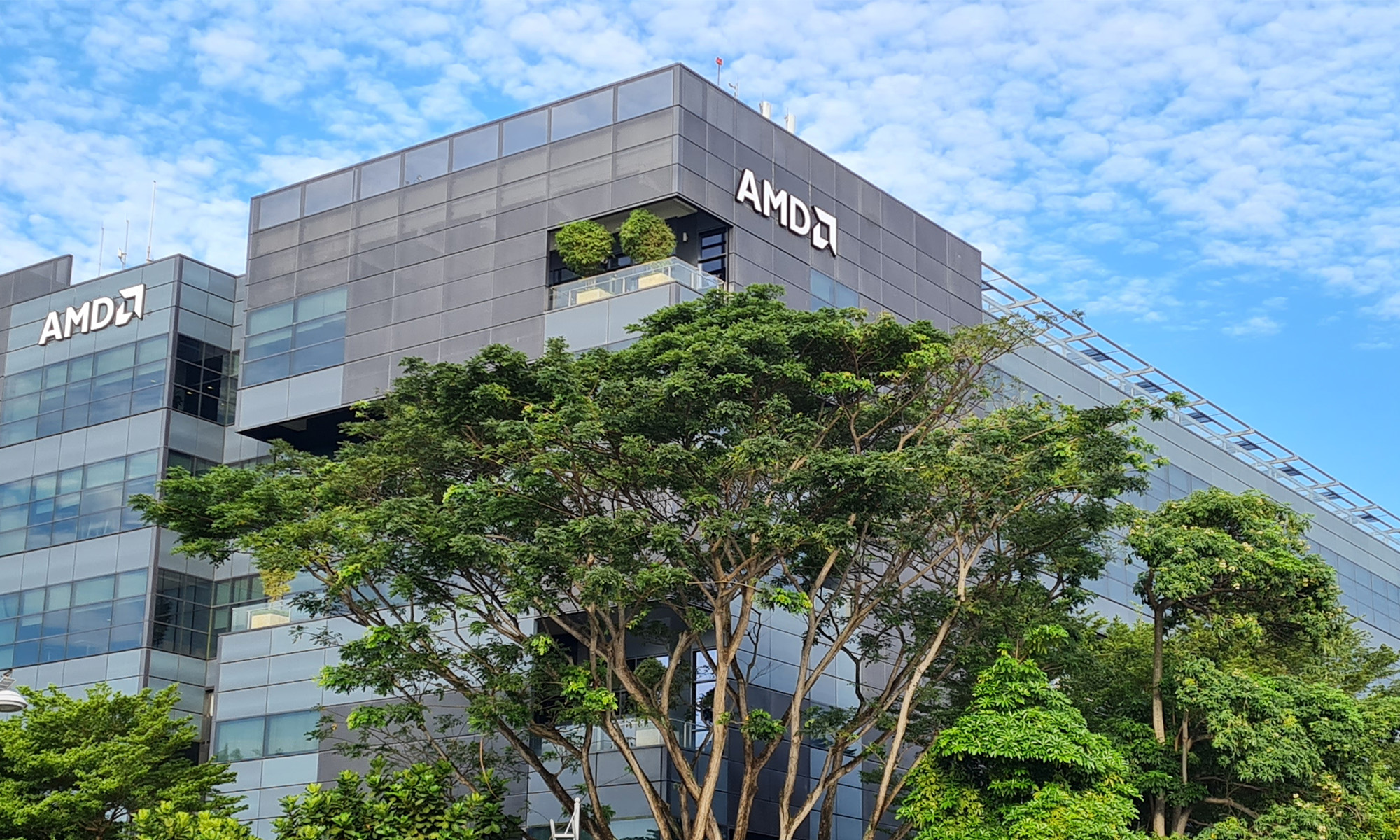Shares of Advanced Micro Devices (AMD +0.07%) rose 58.3% in October 2025, according to data from S&P Global Market Intelligence. The semiconductor designer had a lot going on last month, divesting a hardware manufacturing operation and winning a big supercomputing contract at Oak Ridge National Laboratory.
But most of the news only inspired small blips on AMD's stock chart. The real rocket fuel came from an unexpected OpenAI deal.

Image source: Advanced Micro Devices.
The OpenAI deal: AMD got a golden ticket
On Oct. 6, ChatGPT maker OpenAI and AMD announced a multiyear processor supply deal, sending a total of 6 gigawatts of AMD processors to OpenAI's data centers. Revenue-generating shipments for the first gigawatt of AMD Instinct MI450 chips will start in the second half of 2026. AMD will also supply other parts of the artificial intelligence (AI) infrastructure, from rack platforms and cooling to central controllers with the EPYC server-class processors.
The announcement also clarified AMD's place in OpenAI's existing setup. According to press materials, OpenAI is already working with AMD's older Instinct MI300X and MI350X AI accelerators. That simple fact may have been an eye-opener for some investors, who expected to find nothing but Nvidia (NVDA 0.32%) accelerators in OpenAI's number-crunching systems.

NASDAQ: AMD
Key Data Points
AMD is not the only one at the AI dance (but neither is Nvidia)
The OpenAI deal is a sophisticated one, giving OpenAI the right to purchase up to 10% of AMD's stock as the AI system installations continue.
At the same time, OpenAI didn't commit to a pure AMD partnership. In September, Nvidia signed an even larger AI accelerator deal with OpenAI, adding up to 10 gigawatts of annual power consumption over several years. And this week, OpenAI inked a $38 billion deal with Amazon (AMZN +0.10%) that puts even more Nvidia chips to work for the ChatGPT developer.
So AMD didn't win the AI accelerator wars last month, but it did score a few much-needed points with investors and other AI software giants. If OpenAI is using a lot of AMD chips, that business relationship should open the door for other tech giants to try the Instinct hardware. Nvidia's latest and greatest accelerators typically win pure performance comparisons, but AMD may offer lower power draws, more affordable up-front costs, and other advantages.
In other words, the AI hardware market is still in its early innings, and Nvidia doesn't own the whole thing. Investors are catching on to this dynamic situation, and AMD's stock has outperformed Nvidia's in 2025.
It's still a much smaller player, as Nvidia's market cap and revenues are many times larger. But the race is on. And it's a marathon, not a sprint.







